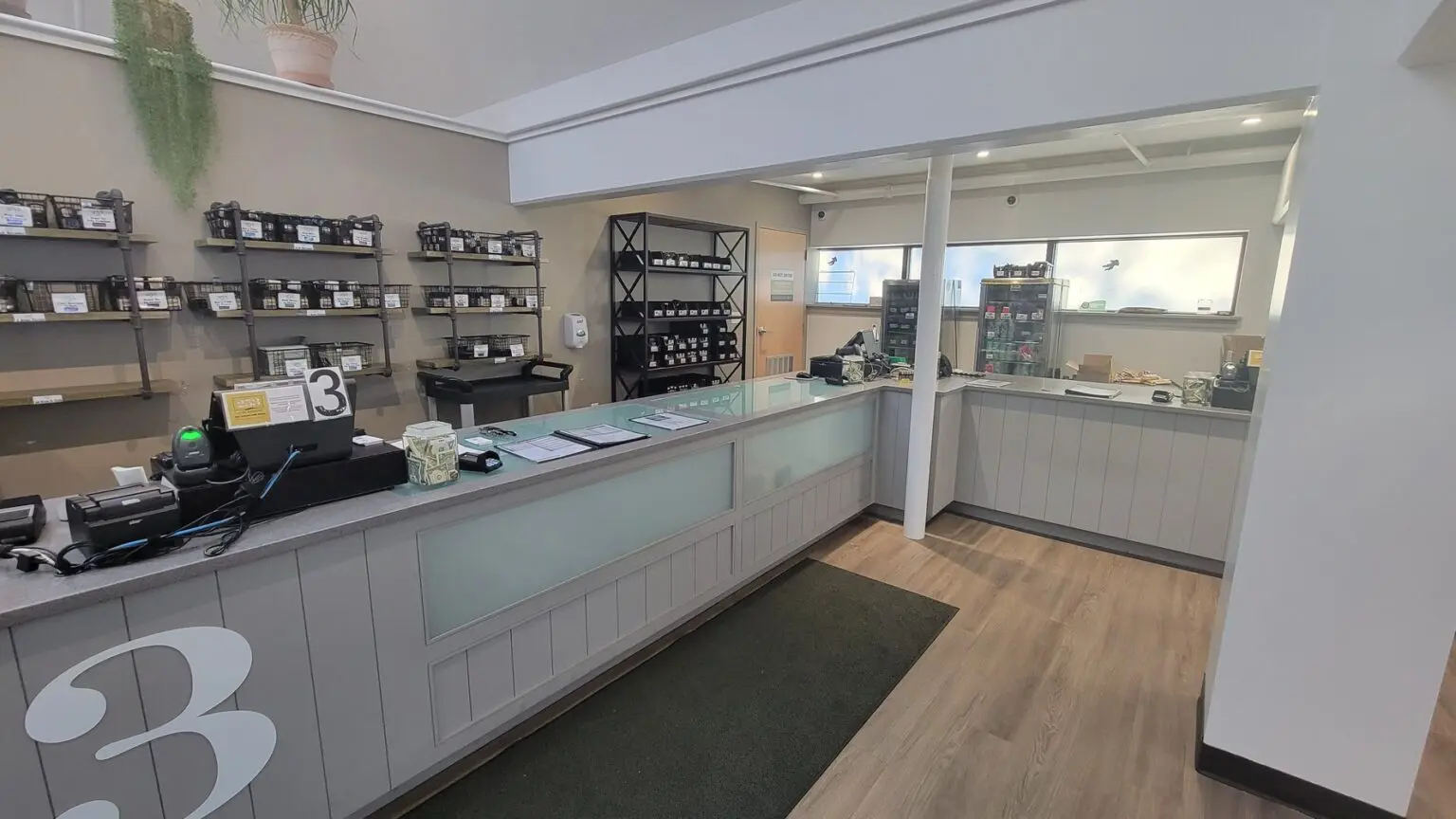The Duty of Clinical Marijuana Dispensaries in Encouraging Health and Wellness
The development of clinical cannabis dispensaries notes a significant shift in how individuals access healing options customized to their specific health and wellness demands. What might these modifications suggest for standard clinical practices?
Comprehending Clinical Marijuana
Medical marijuana describes the use of marijuana and its components for therapeutic functions. It includes numerous forms of the plant, including dried flowers, oils, tinctures, and edibles, which consist of energetic substances known as cannabinoids. The primary cannabinoids of rate of interest are tetrahydrocannabinol (THC) and cannabidiol (CBD), each displaying unique medicinal buildings.
The healing application of cannabis is rooted in its interaction with the human endocannabinoid system, which plays an important function in managing many physical procedures, consisting of discomfort, state of mind, and cravings. Clinical marijuana is usually suggested for problems such as persistent pain, queasiness related to radiation treatment, and neurological conditions. It is important to recognize that the efficiency and safety and security of clinical cannabis can differ based on specific client qualities and specific item formulas.
The legal standing of clinical cannabis differs dramatically throughout jurisdictions, influencing access and law. In several areas, individuals should obtain a recommendation from a certified doctor to gain access to cannabis products from accredited dispensaries. As study proceeds to advance, recognizing the details of clinical marijuana is crucial for health care professionals and patients alike, guaranteeing notified decision-making in restorative contexts.
Benefits of Clinical Cannabis

Additionally, medical marijuana has actually revealed guarantee in alleviating the signs of anxiousness and clinical depression. Cannabinoids, especially cannabidiol (CBD), have been discovered to exert anxiolytic effects, advertising leisure and minimizing tension levels. This can be particularly useful for individuals dealing with psychological wellness conditions.
Additionally, cannabis has actually been made use of to take care of nausea or vomiting and vomiting, particularly in patients undertaking radiation treatment for cancer treatment. The antiemetic residential properties of THC can substantially improve the quality of life for these individuals.
Finally, initial research study suggests that marijuana may have neuroprotective properties, supplying prospective advantages for neurodegenerative illness such as Alzheimer's and Parkinson's. dispensary. As clinical understanding proceeds to progress, the therapeutic applications of medical marijuana are likely to expand, highlighting its prospective duty in improving patient care and total well-being
Duty of Dispensaries
As the demand for clinical cannabis remains to rise, dispensaries play a critical role in making certain clients have accessibility to safe and efficient therapies. These establishments serve as the key point of accessibility for patients seeking cannabinoid therapies, providing a controlled setting where products comply with stringent high quality criteria. Dispensaries are accountable for sourcing a range of marijuana strains and formulations, enabling people to select options that finest match their specific health requirements.

Client Education and Assistance
Education and assistance are vital components of the individual experience in medical cannabis dispensaries. Dispensaries offer as vital sources for individuals looking for to understand the restorative possibility of cannabis. Experienced team can guide individuals through the different strains, shipment techniques, and does, making sure that they make educated have a peek at these guys selections customized to their medical requirements.
Furthermore, dispensaries commonly offer academic products that clarify the endocannabinoid system, how cannabis engages with it, and the possible advantages pop over here and adverse effects of medical cannabis. This information equips individuals to get involved actively in their treatment plans.
Support also extends to customized assessments, where clients can discuss their particular health and wellness conditions and issues. These interactions foster a relying on partnership between clients and dispensary staff, boosting the total restorative experience.
Furthermore, many dispensaries offer workshops and area occasions developed to educate people concerning accountable use, lawful factors to consider, and the current research in clinical marijuana. By prioritizing person education and learning and support, clinical marijuana dispensaries not only boost the efficiency of treatments yet likewise promote a holistic strategy to health and wellness and wellness, eventually improving patient end results.
Future of Medical Cannabis
Envisioning the future of clinical cannabis reveals a landscape noted by development, raised acceptance, and evolving guidelines. As research remains to verify the therapeutic advantages of cannabis, we can prepare for a surge in evidence-based standards that will inform client care and therapy protocols. This shift will likely boost the credibility of medical marijuana within the broader health care system, cultivating collaboration between dispensaries and clinical professionals.
In addition, advancements in growing strategies and product advancement will certainly lead to a more varied selection of cannabis-based therapies. Customized solutions targeting particular conditions might emerge, enabling customized medication approaches that make the most of effectiveness while decreasing unfavorable impacts.
Regulative structures are anticipated to advance in tandem with popular opinion, as more jurisdictions acknowledge the capacity of clinical marijuana to relieve suffering. This might cause even more streamlined gain access to for anchor individuals, minimizing governmental obstacles frequently experienced today.

As approval expands, educational initiatives will certainly play an essential function in informing both people and health care service providers about the advantages and dangers associated with clinical cannabis. Inevitably, the future of medical marijuana holds guarantee for boosted client end results, enhanced top quality of life, and a much more incorporated approach within the health care landscape.
Conclusion
To conclude, clinical cannabis dispensaries dramatically contribute to wellness and wellness by offering accessibility to tailored cannabinoid treatments and ensuring product safety and security. Their role prolongs past circulation, encompassing education and customized examinations that empower patients to make enlightened wellness decisions. dispensary. As the landscape of medical marijuana proceeds to develop, dispensaries will certainly continue to be pivotal in fostering public depend on and progressing understanding of healing potentials, ultimately improving individual end results and advertising responsible use within the neighborhood